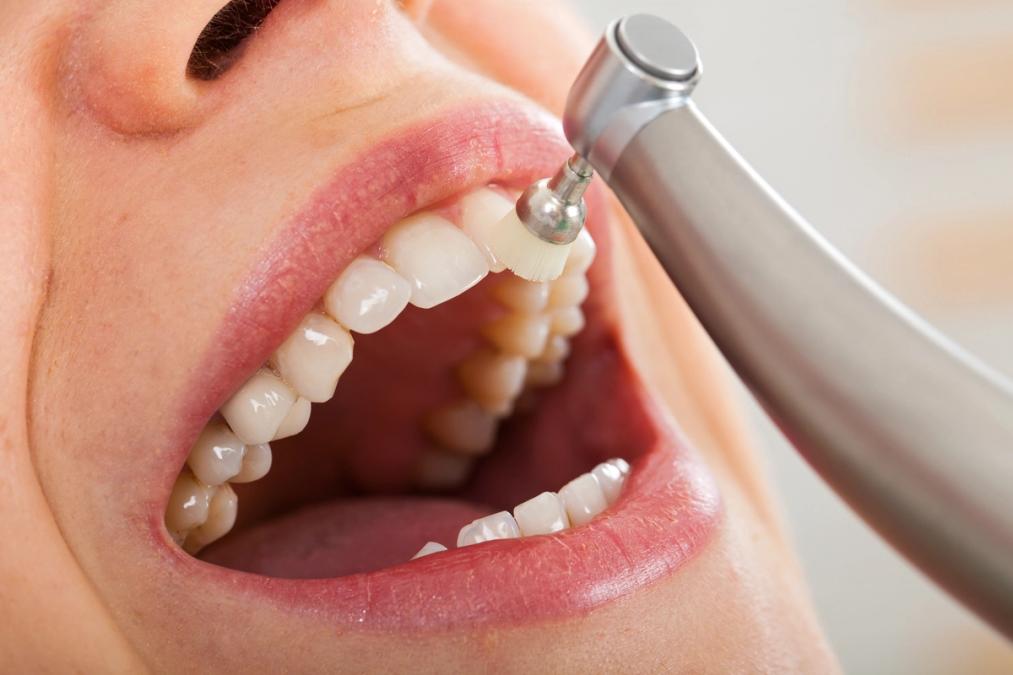
Published on Aug 1, 2025 | 5 minute read

Ever notice how your mouth feels lighter after a cleaning—like your smile can finally breathe again? That’s not a coincidence. Professional dental cleanings are the quiet workhorses of oral health, catching problems early and clearing away what even diligent brushing and flossing can’t. Think of them as scheduled tune-ups for a machine you use all day, every day—your smile.
Preventive Dentistry starts with removing plaque and hardened tartar that collect along the gumline and between teeth. At home, you can brush and floss like a pro—please do—but calcified deposits need professional tools. During a visit, the hygienist scales away buildup, smooths enamel with polishing, and often finishes with flossing to clean contacts. Depending on your risk, Preventive Dentistry may also include fluoride varnish for enamel strength or sealants to protect deep grooves in molars. Small steps, big payoff.
Most dental issues don’t announce themselves with pain at first. Cavities begin as silent demineralized spots. Early gum inflammation can simmer for months. Micro-cracks hide out of sight. Regular Preventive Dentistry gives trained eyes a chance to spot changes before they escalate—subtle bleeding, shallow pockets, tiny radiographic shadows—so you can handle a small fix now instead of a major treatment later.
After a quick health update (medications, changes, goals), you may have digital X-rays based on your history. The hygienist removes tartar above and below the gums, polishes the enamel, and checks soft tissues. If you grind or clench, wear patterns might prompt a night-guard conversation. Many offices include an oral cancer screening—fast, painless, and important. You leave with personalized tips: maybe an interproximal brush size change, maybe a switch to electric brushing, maybe guidance on floss picks vs. string floss. Practical stuff you’ll actually use.
Daily habits reduce plaque; professional cleanings reset the system. Your role at home is simple: brush twice daily with fluoride toothpaste, clean between teeth daily (floss, water flosser, or interdental brushes), and watch sugar frequency. Preventive Dentistry in the office removes mineralized buildup, checks restorations, applies targeted prevention, and documents trends you can’t see in the mirror. It’s a team sport.
Professional groups like the American Dental Association and the CDC highlight three big advantages of routine Preventive Dentistry: early detection, risk-based care, and patient education. Regular cleanings reduce the risk of tooth decay and gum disease, help maintain comfortable chewing and clear speech, and support overall well-being by limiting chronic oral inflammation. When paired with steady home care, the odds of needing emergency treatment drop—fewer surprises, fewer disruptions.
Many people do well with six-month intervals. Some benefit from every 3–4 months—especially with a history of periodontitis, multiple restorations, dry mouth, diabetes, or tobacco use. The cadence should match your mouth, not a calendar myth. Ask for a personalized interval and stick with it. Consistency beats heroic catch-up.
Tell your provider what you’re feeling. Topical numbing can calm a tender area; short breaks help; and clear, step-by-step communication keeps you in the loop. If anxiety is a roadblock, Sedation Dentistry—from nitrous to oral to IV—can make care feel doable (see Blog #5 for details). Comfort isn’t a luxury; it’s part of good care.
Preventive Dentistry is the foundation for everything else. Planning whitening? Healthy gums make results last. Considering orthodontics? Cleanings reduce the risk of decalcification around brackets or aligners. Looking at implants? Gum health and bone stability are mission-critical. Keep the base steady and every upgrade performs better.
Ready to make cleanings a habit you don’t have to overthink? Book an Appointment with Transform Dental in Ellenton, FL and let a friendly, steady routine carry your smile forward.